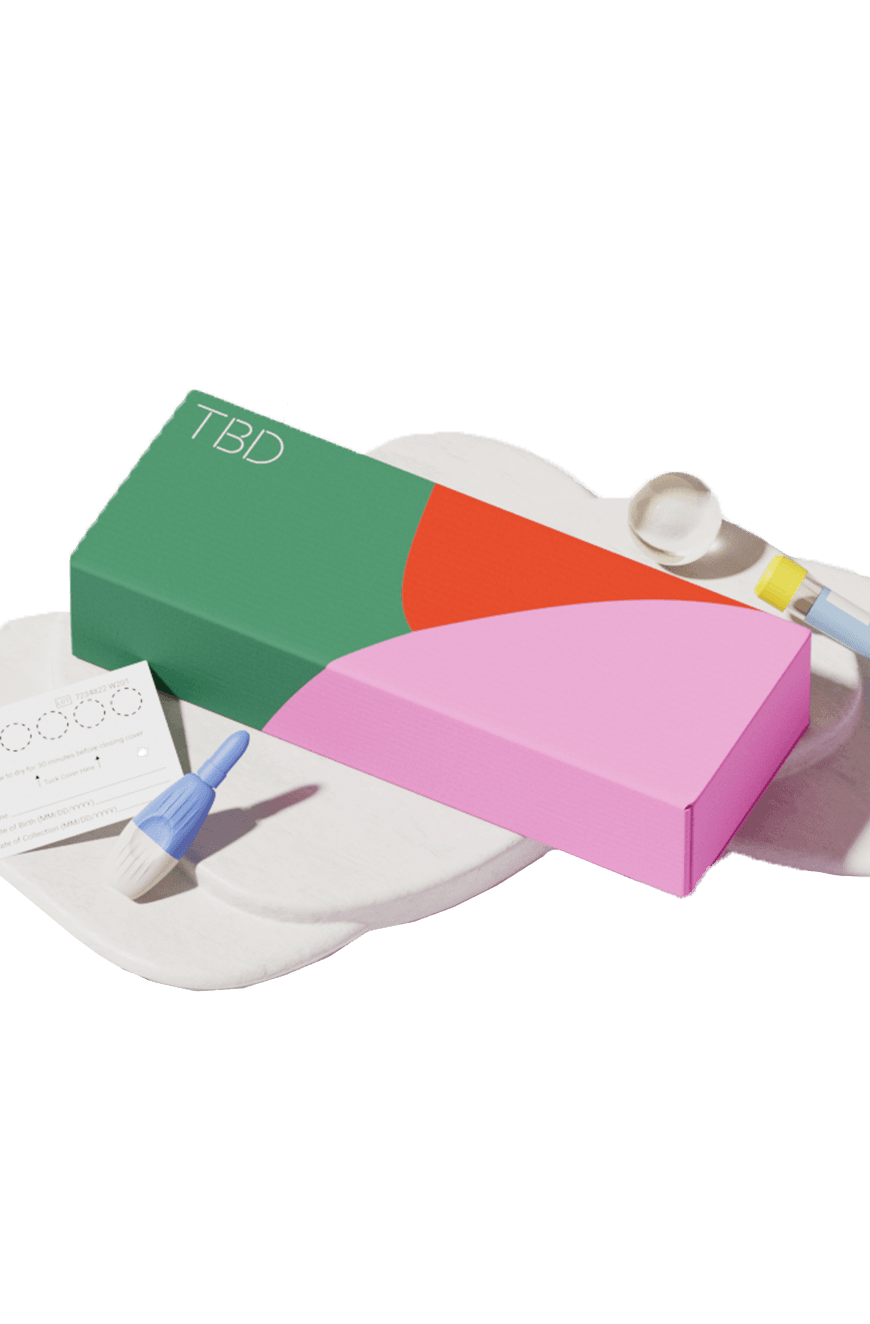| TBD Panels | 3-Panel STD Test | 9-Panel STD Test | 5-Panel STD Test | 3 Site: Oral, Rectal, Genital |
|---|---|---|---|---|
| Chlamydia |  |  |  |  |
| Gonorrhea |  |  |  |  |
| Trichomoniasis |  |  |  | |
| HIV (Ag/Ab) |  |  | ||
| Syphilis |  |  | ||
| Hepatitis B & C |  | |||
| Mycoplasma Genitalium |  | |||
| Herpes I / II |  |

- 8 E Charleston Blvd
- Las Vegas, NV 89104
- Tues and Fri
- 10 AM – 2PM
- Contact us:
- +1 (702) 909-0554
- hello@tbd.health

| TBD Panels | 3-Panel STD Test | 9-Panel STD Test | 5-Panel STD Test | 3 Site: Oral, Rectal, Genital |
|---|---|---|---|---|
| Chlamydia |  |  |  |  |
| Gonorrhea |  |  |  |  |
| Trichomoniasis |  |  |  | |
| HIV (Ag/Ab) |  |  | ||
| Syphilis |  |  | ||
| Hepatitis B & C |  | |||
| Mycoplasma Genitalium |  | |||
| Herpes I / II |  |

HIV, or Human Immunodeficiency Virus, is a a sexually transmitted virus that affects millions of people worldwide. Luckily we live in a time were, with prper medical treatment, people with HIV have live long, happy, and fulfilling lives!
However, much like all STIs, prevention methods can be taken to reduce the risk of transmission. So let's talk about how condoms can play a part in HIV prevention.
So do condoms effectively prevent HIV transmission???
Understanding HIV and Its Transmission
Before we discuss the effectiveness of condoms in preventing HIV, the first step is understand the virus itself. HIV is primarily transmitted through certain bodily fluids, including blood, semen, vaginal fluids, and breast milk. The most common modes of transmission include unprotected sexual intercourse and sharing needles or syringes.
TBD Recommends: TBD Health's PrEP HIV Prevention Program
Do Condoms Prevent HIV?
Condoms are a widely recognized method of protection against sexually transmitted infections (STIs), including HIV. When used correctly and consistently, condoms can greatly reduce the risk of HIV transmission during sexual intercourse. By creating a barrier between bodily fluids, condoms act as a physical barrier that prevents the exchange of HIV and other STIs.
It is important to note that no method of protection is 100% foolproof. While condoms provide a high level of protection, they are not infallible. Factors such as incorrect usage, condom breakage, or slippage can compromise their effectiveness. It is essential to use condoms correctly, check for expiration dates, and ensure they are stored properly.
Learn More: What You Need to Know About HIV
The Significance of Testing
While condoms play a vital role in HIV prevention, it is crucial to emphasize the significance of regular HIV testing. Testing allows individuals to know their HIV status, enabling them to take appropriate measures to protect their health and the health of their partners. Early detection of HIV is essential, as it allows individuals to access timely treatment and support services, leading to better health outcomes.
In conclusion, condoms are an essential tool in preventing HIV transmission. When used consistently and correctly, condoms provide a high level of protection against HIV and other sexually transmitted infections. However, it is important to remember that no method of protection is foolproof, and regular HIV testing is crucial for early detection and treatment. We encourage readers to consider visiting TBD Healthcare Clinic for comprehensive HIV testing and counseling services. By taking proactive steps to protect our health and the health of our partners!
Email us and a team member will get back to you within 24 hours. We’re also available via call or text at +1 (702) 909-0554
Sign up below to get 10% off
By providing my email address, I agree to receive email with marketing communications from TBD Health including news, promotions and exclusive offers. I understand that I can opt out at any time by using unsubscribe links. Visit our Terms of Service or Privacy Policy for more information.






